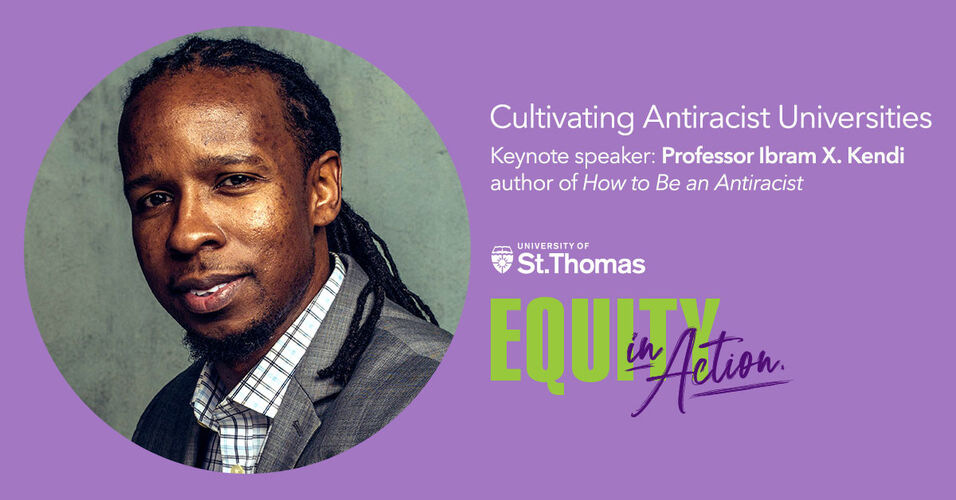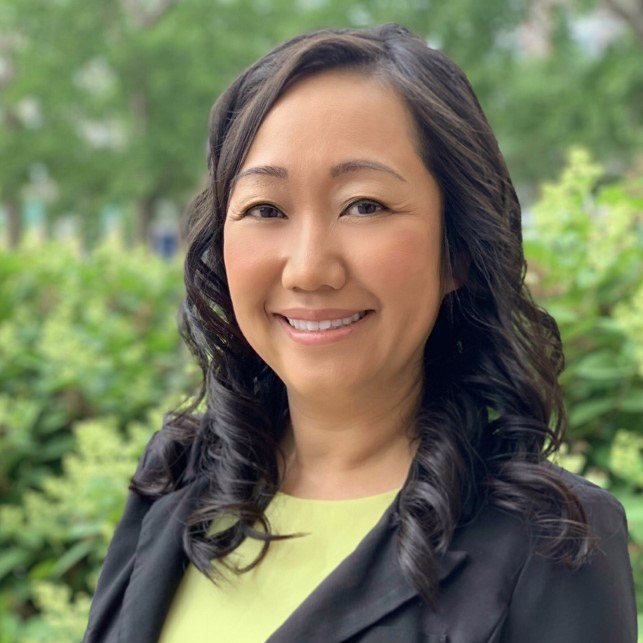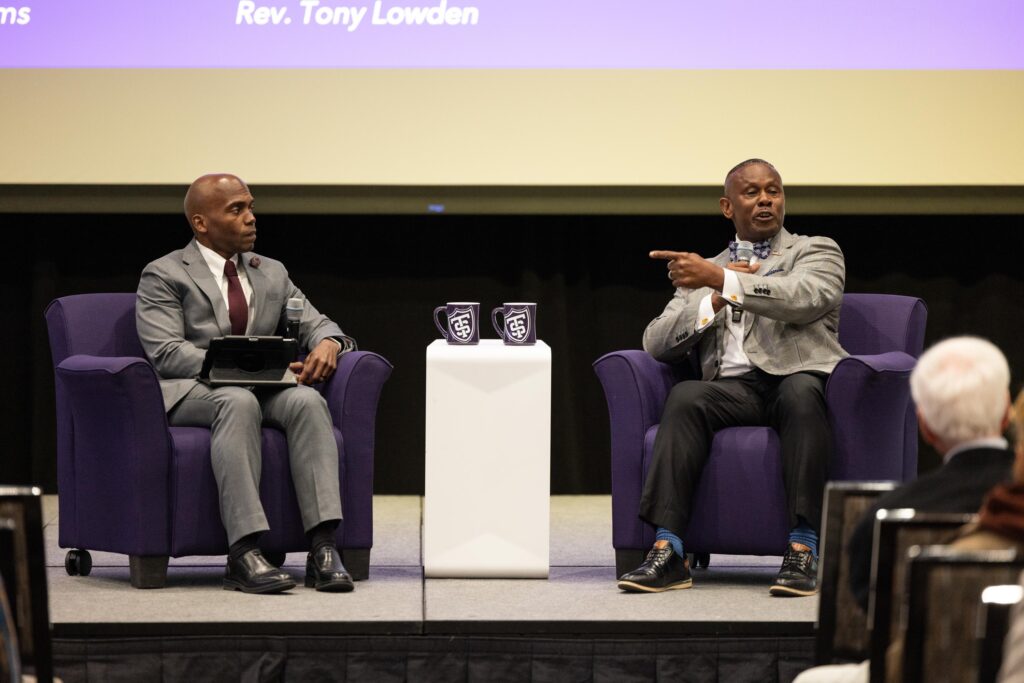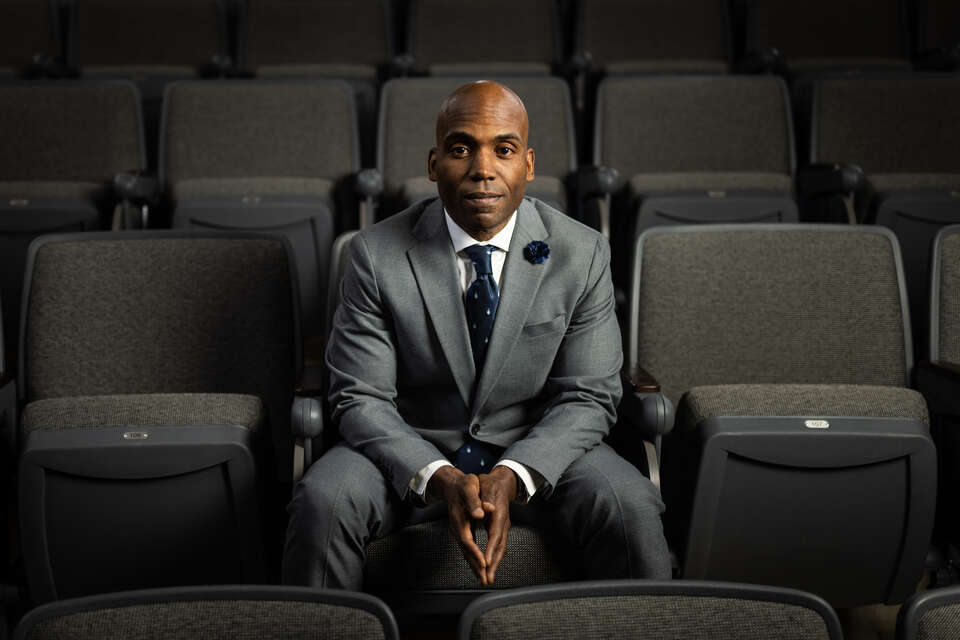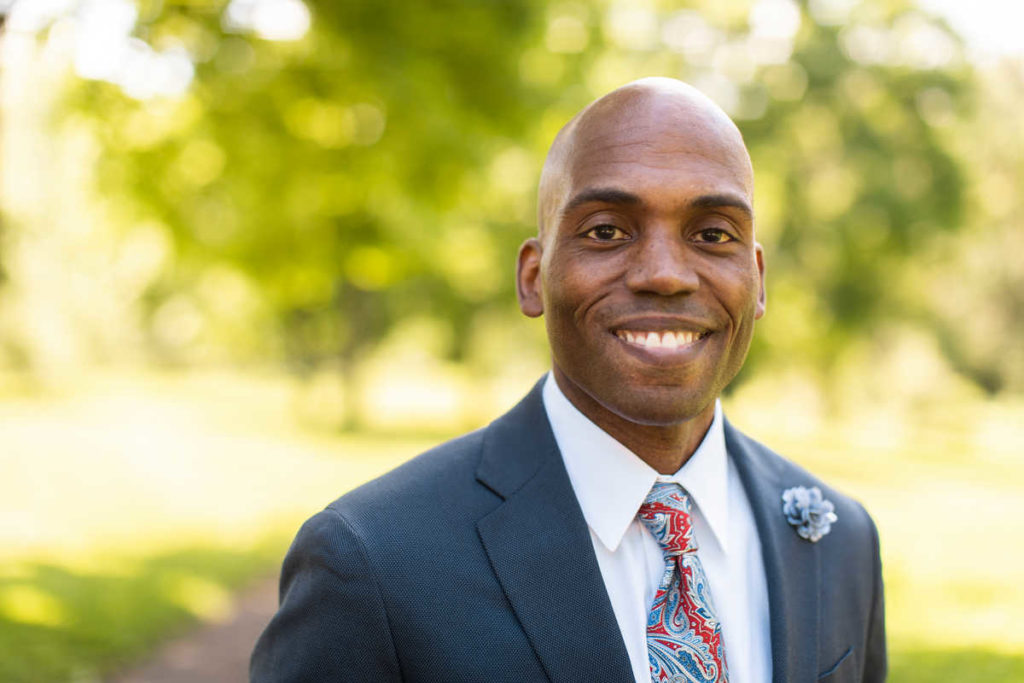Professor Ibram X. Kendi, author of How to Be An Antiracist, isn’t a fan of standardized testing. He came to that realization while he was enrolled in a college prep course for the Graduate Record Exam (GRE) during his senior year in college. “The use of standardized tests to measure aptitude and intelligence is one of the most effective racist policies ever devised to degrade Black minds and legally exclude Black bodies,” he wrote in his bestselling book.
Kendi, who isn’t one to mince words, is the keynote speaker for the Equity in Action: Cultivating Antiracist Universities conference sponsored by the Office for Diversity, Equity and Inclusion at the University of St. Thomas. Taking place virtually from 9 a.m.-4:45 p.m. on April 26, 2021, the conference has several goals, one of which is that it seeks to foster self-awareness with specific attention to racism and its manifestation in whiteness. That’s also one of the takeaways from Kendi’s book.
“The acceptance of an academic-achievement gap is just the latest method of reinforcing the oldest racist idea: Black intellectual inferiority,” he explained. “There is an even more sinister implication in achievement-gap talk – that disparities in academic achievement accurately reflect disparities in intelligence among racial groups.” This gap, he wrote, leaves people believing that something is wrong with Black and Latinx test takers rather than that something is inherently wrong with the tests. He sets the record straight: “From the beginning, the tests, not the people, have always been the racial problem.” To believe otherwise, he wrote, is to believe in a “racist idea.”
Kendi’s intellectual gems are further explained throughout his book, which leaves readers questioning “Am I a racist or an antiracist?” Although one doesn’t have to read the book to attend the conference, said Associate Vice President for Inclusive Excellence for ODEI Kha Yang, several registrants have joined together in book clubs to discuss the work ahead of the conference in order to better inform their experience.
“I am looking forward to Professor Kendi sharing his knowledge and expertise with the community,” said Dr. Yohuru Williams, Distinguished University Chair, Professor and Founding Director of the Racial Justice Initiative. “I can think of no better way to start off the conference than with a keynote from Professor Kendi, whose unquestionable expertise will surely offer up invaluable insight to anchor the day ahead,” said Williams, who will moderate a fireside chat with Kendi immediately following the opening keynote address.
The inaugural Equity in Action conference also features more than 50 presenters who will lead 19 engaging workshops that will explore structural dimensions of racism and set attendees along their path to integrate theory and practice in antiracism work, advance community building, and to commit to actions to promote equity-building and healing.
For one, the Deans' Panel on Racial Equity, moderated by Vice Provost for Academic Affairs Wendy Wyatt, will feature four St. Thomas deans discussing the importance of embedding diversity, equity, inclusion and social justice in the university's colleges and schools. School of Education Dean Kathlene Campbell, Morrison Family College of Health Dean MayKao Hang, Dougherty Family College Acting Dean Buffy Smith, and School of Law Dean Robert Vischer will share initiatives they are each implementing in the areas of curriculum development; student, faculty, and staff support; and community engagement. They also will share the challenges they face and the overarching outcomes they hope to see.
“I, personally, am looking forward to the event because I think it’s important for the community to hear how leaders are working to create a more just and equitable environment for all students, faculty and staff,” said Campbell.
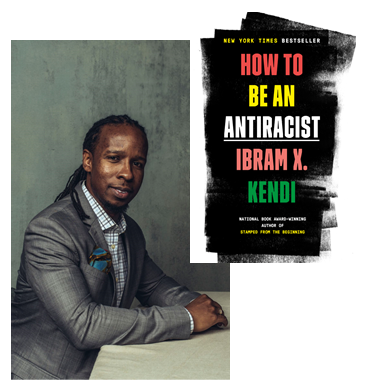 In the session “Beyond Anti-Racism: What the Black Radical Tradition Offers,” Justice and Peace Studies Associate Professor Amy Finnegan said that she and her colleagues, Theology Professor Ry Siggelkow and English Professors Kanishka Chowdhury and Todd Lawrence, “are interested in deepening the analysis and dialogue on what meaningful anti-racism efforts could look like at our university to include an understanding of racial capitalism.” She added that “Our conversation is built on the foundational work of scholarship and practice known as the Black Radical Tradition, which we have each been reading, discussing and learning from in recent months.”
In the session “Beyond Anti-Racism: What the Black Radical Tradition Offers,” Justice and Peace Studies Associate Professor Amy Finnegan said that she and her colleagues, Theology Professor Ry Siggelkow and English Professors Kanishka Chowdhury and Todd Lawrence, “are interested in deepening the analysis and dialogue on what meaningful anti-racism efforts could look like at our university to include an understanding of racial capitalism.” She added that “Our conversation is built on the foundational work of scholarship and practice known as the Black Radical Tradition, which we have each been reading, discussing and learning from in recent months.”
Jessica Hodge, faculty director of the Center for Common Good and associate professor in the Department of Justice and Society Studies, will join with four other staff from the Center for Common Good to present on “Building Ethical and Collaborative Relationships with Our Community Partners.” She says that: “As we think about how to build an antiracist university, it is imperative that we take into account how we build meaningful and sustainable relationships with our community partners. Too often, there is an assumption by members within the university community that we know what is best or what is needed, and we assume that by simply showing up we will make things better for an organization and the individuals for which the organization serves. Our community partners are already doing the important work, so it is our responsibility to really listen and learn from them so that we can better understand how we might collaborate and assist with fulfilling their missions.”
Community members will also present at the Equity in Action conference during sessions such as “Antiracism and Asianness in the Time of Coronavirus” and “Breaking the Cycle of White Supremacy in Us.” Collaborative works by St. Thomas students, alumni and employees at nearby Hamline University and the University of Minnesota also will be featured. Topics include “Discussions in Anti-racist Street Art” and “Doing the Work: Anti-racist Initiatives That Can Transform Teacher Education.”
To learn more about the various workshops and presenters or to register for the conference, people can visit the Equity in Action website. “This event is for all students, faculty and staff interested in engaging in brave dialogues and exploring what it means to be an antiracist institution,” said Yang, who noted that the conference is complimentary to current St. Thomas students, faculty and staff, as well as individuals at other institutions of higher education.
“As called for in our St. Thomas 2025 strategic plan, we each have a role in St. Thomas’ work to be more inclusive,” added Julie Sullivan, president of St. Thomas. “I urge you to take this opportunity to learn from Drs. Kendi and Williams and to participate in robust dialogues led by several members of our community. Please give yourself permission to be uncomfortable, ask questions and glean new ideas about how to be actively inclusive to all.”
